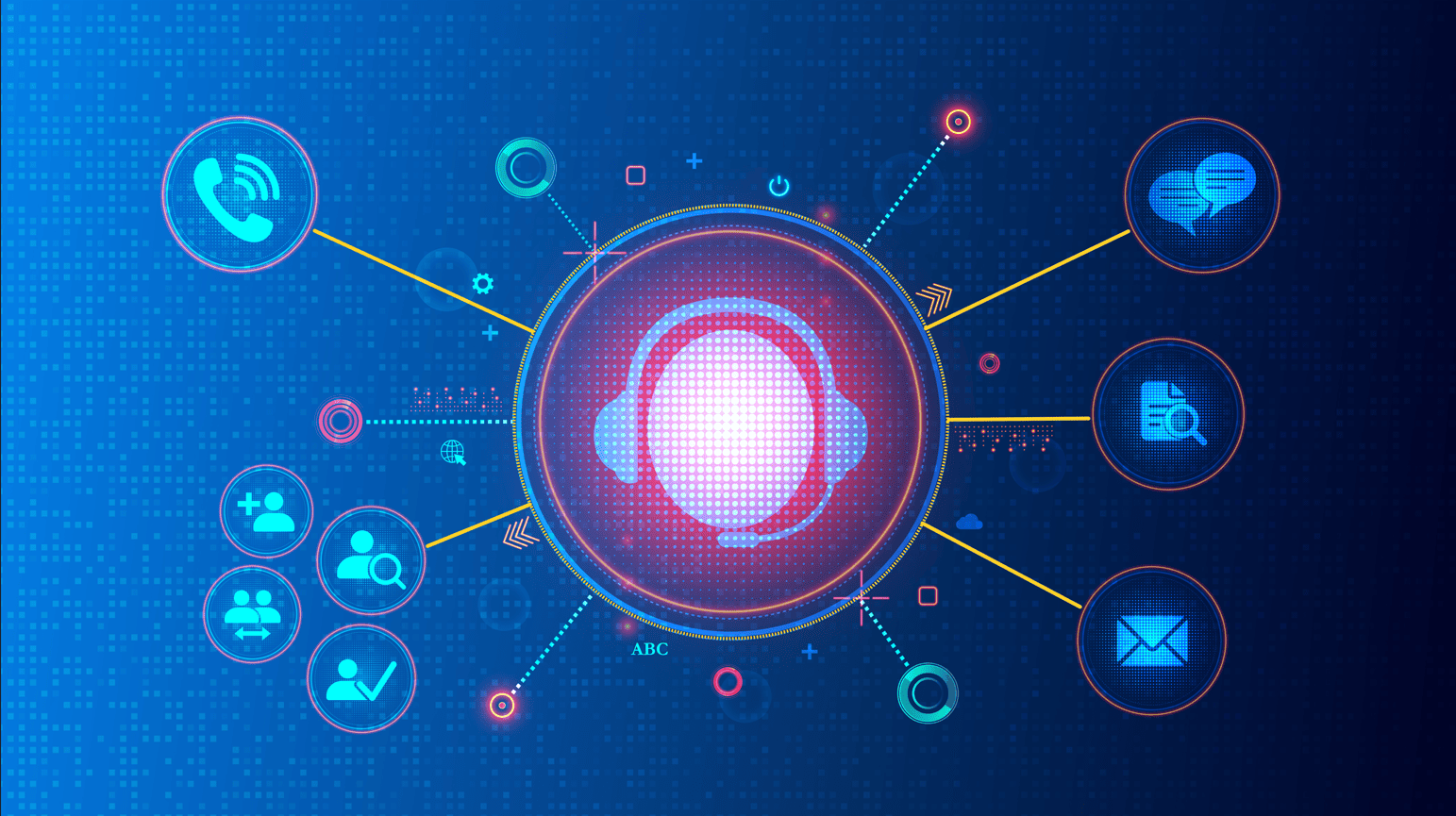In the world of technology, there are a few concepts that have captivated imaginations and inspired groundbreaking innovations. Among these, quantum computing stands out as one of the most exciting and transformative developments in modern science. Quantum computing promises to revolutionize industries, solve problems that are currently unsolvable, and challenge the very way we think about computing. But what exactly is quantum computing, and how close are we to achieving this “quantum leap” in technology?
What is Quantum Computing?
At its core, quantum computing is based on the principles of quantum mechanics, the branch of physics that deals with the behavior of particles on an atomic and subatomic scale. Unlike classical computers, which process information in binary bits (0s and 1s), quantum computers use quantum bits, or qubits. A qubit can exist in multiple states simultaneously, thanks to the quantum phenomena of superposition and entanglement.
- Superposition allows qubits to be in multiple states (both 0 and 1) at the same time, enabling quantum computers to process a vast amount of data in parallel.
- Entanglement is a phenomenon where qubits become linked, so the state of one qubit can affect the state of another, no matter the distance between them. This allows quantum computers to solve complex problems with interconnected data much more efficiently than classical computers.
In essence, quantum computers have the potential to perform computations at speeds and scales that are unimaginable with today’s technology.
The Quantum Leap: Why It Matters
The concept of the “quantum leap” is more than just a catchphrase; it represents a significant shift in how we approach computing and problem-solving. Here’s why the quantum leap matters:
- Solving Problems Too Complex for Classical Computers Classical computers, while incredibly powerful, struggle with certain types of complex problems that involve massive amounts of data or intricate calculations. Problems like simulating the behavior of molecules for drug discovery, optimizing supply chains, or modeling climate change require computational power that exceeds the capabilities of classical machines. Quantum computers, with their ability to process multiple possibilities at once due to superposition, could make light work of these problems. For example, quantum simulations could help scientists understand molecular interactions at the quantum level, which could lead to the development of new materials or more effective medicines.
- Cryptography and Security One of the most profound implications of quantum computing is its potential to break current encryption standards. Classical encryption relies on the difficulty of factoring large numbers, a task that takes billions of years for classical computers to solve. However, quantum computers using algorithms like Shor’s Algorithm could factor these large numbers in a matter of seconds, rendering current cryptographic systems vulnerable. On the flip side, quantum computing also offers the possibility of quantum encryption, a level of security that would be impossible for classical computers to break. Quantum key distribution (QKD) allows for the secure transmission of information, ensuring that any attempt to intercept or alter the message would be immediately detectable. This could redefine the future of cybersecurity, offering levels of protection that are beyond what is possible with traditional encryption methods.
- Accelerating AI and Machine Learning Artificial Intelligence (AI) and machine learning rely on vast amounts of data and computational power to make predictions, optimize solutions, and improve decision-making processes. Quantum computing has the potential to accelerate these fields by enabling faster and more efficient processing of complex datasets. Quantum machine learning algorithms could lead to faster training of models, more accurate predictions, and the ability to analyze larger datasets that would be impractical for classical computers. Industries like healthcare, finance, and transportation could benefit greatly from this quantum boost to AI.
- Revolutionizing Industries From finance to healthcare to materials science, quantum computing is set to revolutionize a variety of industries. Let’s explore a few examples:
- Pharmaceuticals and Healthcare: Quantum computing could expedite the drug discovery process by simulating the behavior of molecules more accurately, leading to faster development of life-saving medications.
- Materials Science: By simulating the properties of materials at the quantum level, researchers could develop new materials with specific properties, such as more efficient solar panels or stronger alloys for aerospace engineering.
- Logistics and Optimization: Quantum algorithms could optimize supply chains, reducing costs and improving efficiency by solving complex scheduling and routing problems that are intractable for classical computers.
- Environmental Impact The potential of quantum computing extends to solving global challenges, such as climate change. Quantum simulations could help in the design of more efficient energy systems, better batteries, or new methods for carbon capture. It could also play a significant role in understanding complex environmental processes, leading to better models for weather forecasting and natural disaster prediction.
The Road Ahead: Challenges and Opportunities
While the potential of quantum computing is immense, there are significant challenges that must be overcome before we see widespread practical applications. Here are some of the obstacles facing the quantum revolution:
- Hardware Development Building a stable quantum computer is no easy task. Qubits are extremely delicate and can be easily disrupted by environmental factors such as temperature, radiation, and electromagnetic interference. Currently, quantum computers require extremely low temperatures to function, which makes them expensive and challenging to scale. Researchers are working on a variety of qubit technologies, including superconducting qubits, trapped ions, and topological qubits, each with its own set of challenges. Overcoming these hurdles will require breakthroughs in both hardware and materials science.
- Error Correction Quantum computers are prone to errors due to the delicate nature of qubits. Unlike classical computers, where errors can be easily corrected, quantum error correction is a far more complex issue. Researchers are developing techniques to mitigate errors, but it remains a major challenge for scaling quantum systems.
- Quantum Software and Algorithms Developing software and algorithms that can harness the power of quantum computing is another critical area of research. Quantum algorithms are fundamentally different from classical algorithms, and developing efficient quantum algorithms for practical use cases is still in its infancy.
The Quantum Future: Transforming Our World
The quantum leap is not just a futuristic concept; it’s happening right now. Leading companies and research institutions are making significant strides in building quantum computers, with companies like Google, IBM, and Intel pushing the envelope of quantum innovation.
As we continue to refine quantum computing technology and develop new algorithms, we are likely to see transformative shifts in industries across the board. While we may not see fully functional, large-scale quantum computers in every home anytime soon, the breakthroughs we make in quantum computing today will shape the future of technology, security, healthcare, and beyond.
The journey toward quantum computing is just beginning, and the possibilities are infinite. As we unlock the full potential of quantum mechanics, the world will experience a transformation that could rival the impact of the classical computing revolution itself. The quantum leap has already begun, and it promises to change everything we know about technology.


